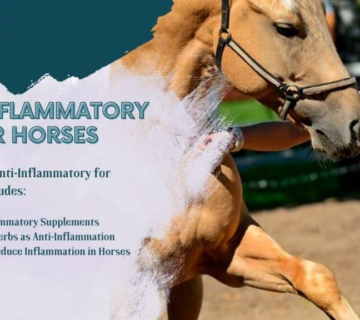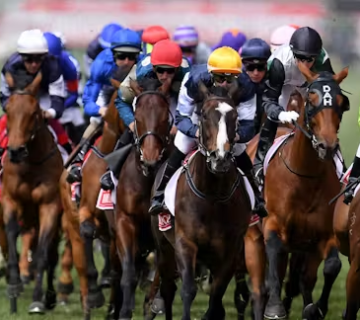The Importance of Dental Care for Horses
Dental health plays a vital role in maintaining the overall well-being of horses. Proper dental care for these majestic creatures is essential to ensure their comfort, longevity, and optimal performance. In this article, we will delve into the significance of dental care for horses, identify the signs of dental issues, and shed light on what a veterinary dental examination entails.
Why Dental Care Matters for Horses
Maintaining Nutritional Balance
One of the primary reasons why dental care is crucial for horses is to maintain their nutritional balance. Horses are herbivores, and their diet primarily consists of fibrous plants, such as hay and grass. To digest these tough fibers efficiently, they rely on their molars to grind the food into smaller particles. When dental issues arise, such as sharp points or irregular wear, it can lead to inefficient chewing, making it difficult for horses to extract essential nutrients from their food.
Preventing Pain and Discomfort
Horses with dental problems often experience pain and discomfort while eating and performing routine tasks. This discomfort can lead to behavioral issues, weight loss, and a decreased quality of life. Regular dental care ensures that horses can chew comfortably and enjoy their meals without any hindrances.
Enhancing Performance
For those who use horses for various activities like riding, racing, or competitive sports, dental health is directly linked to performance. Horses with dental problems may resist the bit or exhibit discomfort when ridden. By addressing dental issues promptly, horse owners can help their animals perform at their best.
Signs of Dental Issues
Recognizing the signs of dental problems in horses is crucial for early intervention. Some common indicators include:
- Weight Loss: Unexplained weight loss can be a sign of dental discomfort, as horses may avoid eating due to pain.
- Drooling or Quidding: If a horse is drooling excessively or dropping partially chewed food (quidding), it may be struggling with dental issues.
- Resisting the Bit: Horses may become resistant to the bit or display unusual head movements when ridden if they have dental problems.
- Foul Odor: A foul odor from the horse’s mouth can indicate dental infections or decay.
The Veterinary Dental Examination
Regular veterinary dental examinations are essential for maintaining a horse’s dental health. Here’s what you can expect during such an examination:
- Oral Inspection: The vet will perform a thorough oral examination, using specialized equipment to assess the teeth, gums, and oral tissues.
- Floating: If sharp points or irregular wear are detected, the vet will perform a procedure called “floating,” which involves filing down these points to ensure a smooth and even surface for chewing.
- X-rays: In some cases, X-rays may be necessary to diagnose underlying dental issues that cannot be detected through visual inspection alone.
- Treatment Plan: Based on the findings, the vet will develop a treatment plan tailored to the horse’s specific needs, which may include further dental work or medications.
In conclusion, the importance of dental care for horses cannot be overstated. It directly impacts their overall health, comfort, and performance. Recognizing the signs of dental problems and seeking regular veterinary dental examinations are essential steps in ensuring that these magnificent animals lead healthy and fulfilling lives. Prioritizing their dental care is a testament to our commitment to their well-being. toyota hilux for sale




No comment